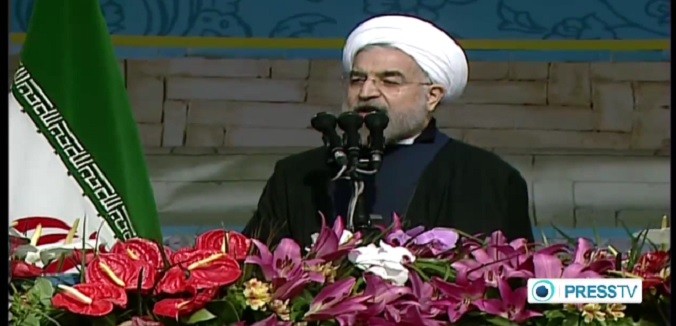Radio Free Europe/Radio Liberty (RFE/RL) reported Wednesday on the arrest of reformist journalist Saba Azarpeik – The Guardian cited “numerous sources” describing her as having been detained by regime security forces – just weeks after a new report published on World Press Freedom Day established Iran as the global leader in incarcerating members of the press.
Vice News had more broadly in early May outlined how “Iran’s horrifying prison conditions are used by authorities as a threat to intimidate journalists”:
“They call [journalists] or make them come to the intelligence agency offices. If the journalists ignore what they want, then they persecute them in the court,” says Abdolreza Tajik, a journalist who’s been jailed many times and who was awarded Reporters Without Borders’ 2010 Press Freedom Award. He adds that security forces also employ several other coercion methods, including bribery.
Domestic Iranian repression, especially in the context of press freedom, has been broadly treated as a proxy for the influence and intentions of Iranian President Hassan Rouhani.
Iranian journalists have been publicly urging Rouhani for at least half of his tenure to reopen various press organs and to scale back state controls over reporters, editors, and outlets.
Ilan Berman, the vice president of the American Foreign Policy Council, recently discussed the issue in National Review Online:
Eager for some sort of nuclear compromise with Tehran, Washington and European capitals alike have pinned their hopes on Rouhani as a political leader who is both willing and able to moderate his government’s radical policies. The sorry state of civil society in Iran, however, suggests that Rouhani isn’t part of any such political solution. Rather, he remains a faithful reflection of the repressive ideological regime established by the Ayatollah Ruhollah Khomeini some 35 years ago.
That’s a useful fact for the United States and Europe to keep in mind as they pursue nuclear dialogue with the Islamic Republic. It would be a real tragedy if, in their push for détente with Tehran, Washington and European capitals glossed over domestic developments there, and thereby helped to consign the Iranian people to a deepening republic of fear.
Analysts who are wary of engaging the regime have pointed to a range of indicators, from the shuttering of multiple newspapers to a spike in executions, as evidence that Rouhani is either unable or unwilling to moderate Iran’s hardline government.
Observers who advocate making concessions to Tehran have countered that the manifest influence of hardliners should not undermine Western outreach to moderates, a stance that skeptics have questioned. It is not clear – for instance – that negotiating with relatively friendly Iranian diplomats who wield little domestic control can robustly advance Western interests.
[Photo: PressTV Videos / YouTube]




